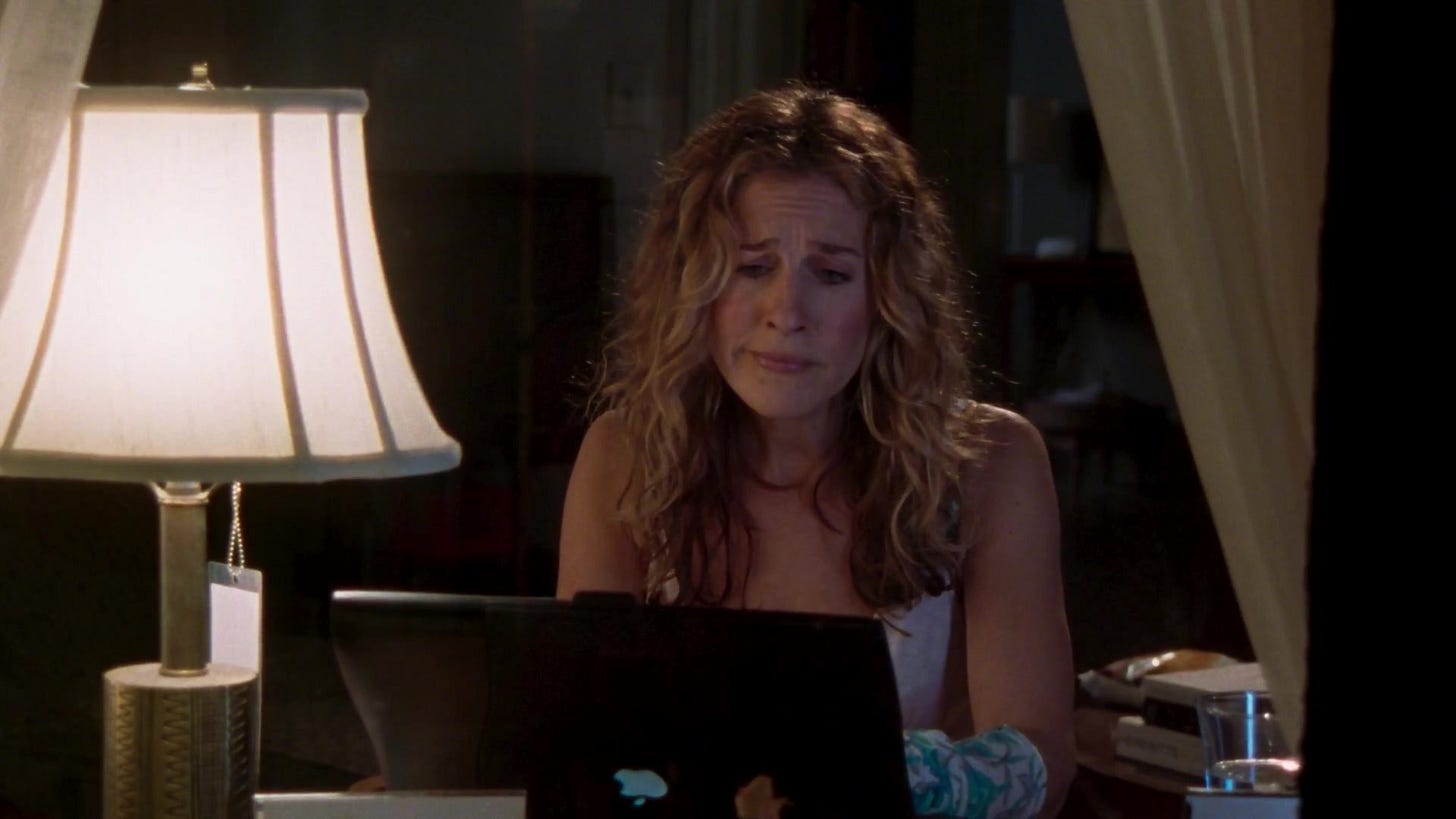Why I quit Goodreads
As a first time author
Last week The New York Times released this piece on the negative impact that Goodreads, a review site, can have on books before they are even published. Ever since the story dropped, readers and authors have been buzzing about their experiences with Goodreads and some of the biggest takeaways from the piece. Perhaps most notably: Eat, Pray, Love author Elizabeth Gilbert went so far as to delay publication of her forthcoming novel after receiving a barrage of one-star reviews on Goodreads.
In an era where space for book coverage is tight and new books are released every single week, publicity — of any kind — is a good thing. As such, online sites like Goodreads and Amazon have become essential tools for book marketing. Publishers often send early copies of books to readers in the hopes that they will post online reviews and drum up excitement before a book’s release. Much like pre-order numbers, positive early reviews can signal to booksellers that a new novel is worth ordering for their shelves.
All of this is to say: I get the appeal of Goodreads. It can be a helpful tool for connecting readers, starting conversations, and promoting new books. And yet, like so many online spaces, it also gives anyone with an Internet connection a platform to voice their opinions — for better or worse.
I came crashing into Goodreads in late 2022, a few months before the release of my book, Drinking Games. Like many debut authors, I was excited, nervous, and largely clueless about the aftermath of birthing a book (which I am realizing now may mirror my upcoming experience birthing a human baby??). In the weeks after my publisher began mailing out advanced reader copies, I started Googling my book. I’m not sure what I was looking for, but I couldn’t stop.
Everyone tells you not to read reviews, but I really believe it’s one of those lessons you need to learn for yourself, like touching a hot stove. Initially, reading early reviews of my book was exhilarating. The life cycle of a book is long, and by the time early copies of Drinking Games began circulating I had been living alone with the manuscript for almost two years. Aside from my family, a few close friends, trusted editor, and wonderful agent, no one had read my memoir, and I was beginning to feel a little bit crazy. If you write a book but no one else has read it, did you even write it? (Yes. Yes you did.)
For me, reading reviews was kind of like snooping through a partner’s phone: best case scenario, you don’t find anything noteworthy. More often than not, you’re looking because you’re on the hunt for something incriminating that will ultimately leave you feeling awful. The whole thing feels vaguely voyeuristic to me, like eavesdropping on a conversation you’re not meant to hear. Goodreads was inherently designed to be a reading tool: it allows you to keep track of the books you want to read and discover new ones you might love. I’m not sure authors were ever intended to be a part of the dialogue.
As I continued reading early reviews of my book, a permanent pit formed in my stomach. I was obsessed, checking Goodreads daily for new ratings and basically on a quest to hurt my own feelings. Unlike the authors profiled in The New York Times piece, none of the reviews I received were cruel or bordered on hate speech, but the negative ones still stung. They began to live rent-free in my brain, feeding into existing fears and making it impossible to focus on writing my second book. I called an author friend to ask how she handled early reviews, and she strongly suggested I stop reading them altogether.



